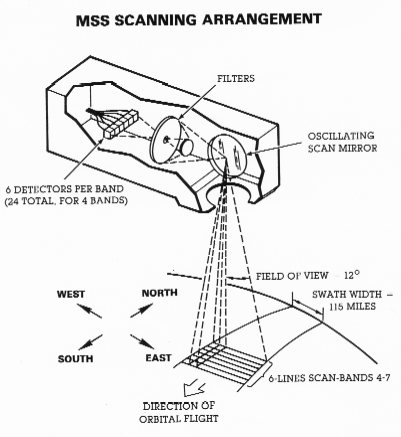I remember reading about how Kodak tried to block digital cameras (even its own) so as not to compromise their own film business, only to be caught unprepared later on when the digital camera revolution came anyway and then took massive losses.
It's funny how they build the first.

